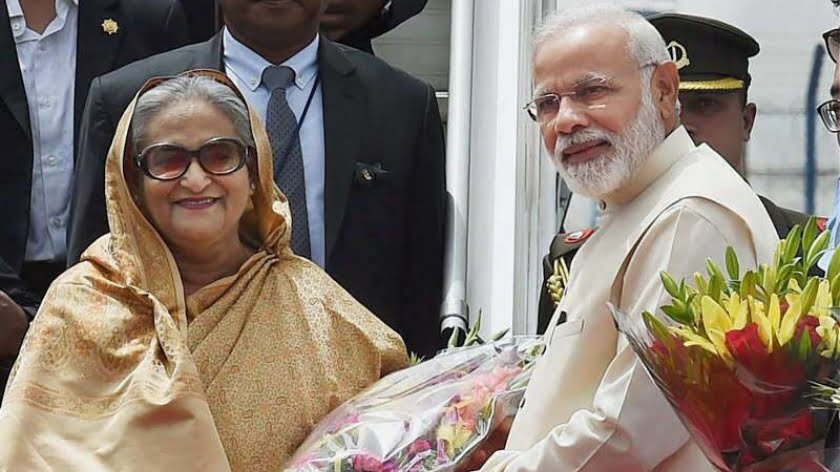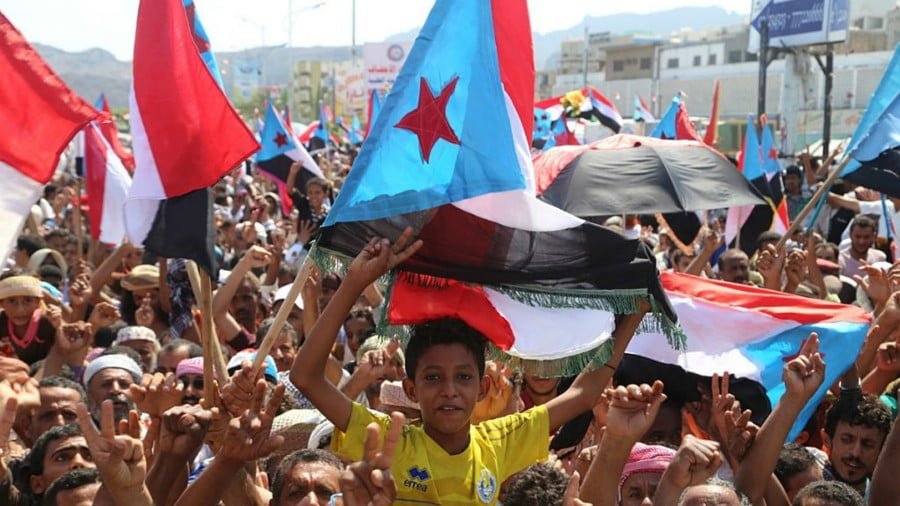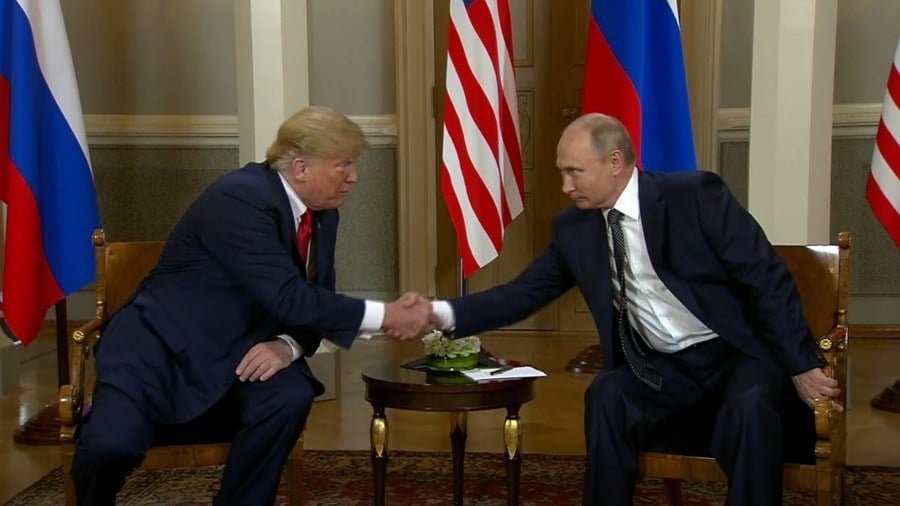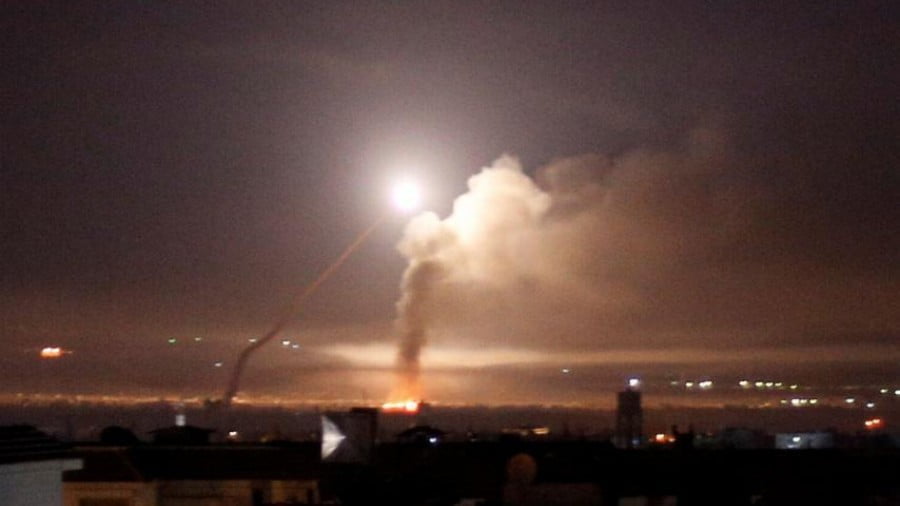The Bangkok Blasts Are Bad, But Aren’t Really That Big of a Deal
Terrorism should always be condemned in every one of its forms, but the latest Bangkok blasts really aren’t that big of a deal if one puts them into context, so they therefore shouldn’t trigger an overreaction.
Several small bombs blew up in Bangkok this morning in what was obviously a coordinated operation designed to coincide with the ongoing ASEAN Foreign Minister’s Summit in the Thai capital. Nobody was killed and only a couple people were hurt, but this surprise incident already has a lot of people talking about who was behind the attack and what they intended to achieve. Until an investigation is concluded or someone claims responsibility, it can be speculated that the two most likely culprits are either the “red shirt” opposition or southern Muslim insurgents since both of them have a history of engaging in anti-government violence, albeit to different extents and in pursuit of different ends. Whatever the case may be, it’s important not to blow these blasts out of proportion since they really aren’t that big of a deal if one thinks about it.
Terrorism should always be condemned in every one of its forms, but the latest manifestation of this global scourge could have been much more devastating had the perpetrators wanted it to be. It looks like the objective was to send more of a political message to the international community than to kill innocent civilians, hoping also that the authorities would overreact by commencing a security crackdown that could then exacerbate preexisting tensions in society. That’s a far-flung scenario to unfold in response to such a comparatively “mild” attack, but it’s difficult at this point and with what’s known to think that there was any other “rationale” behind it. The timing is just too important to look past since there’s “no better moment” to capture the world’s attention than during the ASEAN Foreign Minister’s Summit in the Thai capital.
This suggests that the “red shirts” might have been behind it since the Muslim separatists usually resort to much more deadly attacks whenever they strike. Again, one can only speculate at this time until more information is forthcoming, but it’s not too extreme of an observation to make in light of what’s known thus far. Should that be the case, then it would signal that the “red shirts” might be preparing to ramp up their Hybrid War campaign against the government after the latest elections saw their Pheu Thai allies win the most parliamentary seats but still fall short of the majority that they’d need to govern and reverse the political-strategic gains of now-Prime Minister Prayuth Chan-Ocha over the past half-decade. With this in mind, and noting how several of the bombs targeted a government complex, the “red shirts” might veritably be involved.
If that turns out to be true, then it would have to be established whether this act of terrorism was carried out with the knowledge of the movement’s leaders or if it was just one of their so-called “lone wolf” supporters. Pheu Thai and their coalition partners form part of the democratically elected and legitimate Thai opposition, so their possible involvement in carrying out a terrorist attack against their own country would be ultra scandalous, to say the least. Going along with the scenario for a moment, it might have even been done in order to eventually (key word) force either a return to military rule or so-called “anti-democratic” actions by the ruling party against the opposition members who might be implicated in this plot, all of which could be used to harm Thailand’s international reputation through a forthcoming infowar against the Chinese-leaning country.
It can’t be emphasized enough that the abovementioned is just a scenario forecast and not a confidently stated prediction since it still isn’t known who was behind the latest Bangkok bombings. It could turn out to be that the Muslim separatists, or even perhaps some as-yet-unknown third party, were responsible. Nevertheless, the conspirators (whoever they may be) are clearly trying to provoke an overreaction that might then set into motion whatever preplanned chain reaction that they predicted (whether rightly or wrongly) would occur in that event, which is why it’s of the utmost importance to keep this comparatively “mild” attack in context and not fall into the strategic trap that’s possibly being set. Time will tell who was and wasn’t involved, but until then, the best course of action is to sit back and let the investigation unfold.
By Andrew Korybko
Source: Eurasia Future







